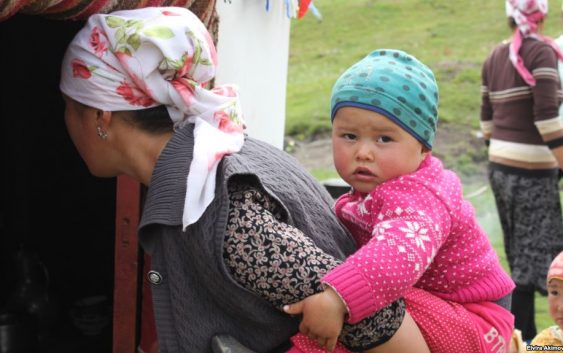This report analyzes security issues in the Central Asian region. It is the Institute’s first such report in English that is devoted to the whole region. The Bulan Institute has previously published five reports focused on security issues in Kyrgyzstan.
Two of these addressed the issue of Islamic religious education in Kyrgyzstan, analyzing the current state of Islamic universities and madrasas. The second report was devoted to exploring how Kyrgyz citizens get Islamic religious education abroad, and analyzed Islamic religious education institutions in countries such as Egypt, Saudi Arabia, Pakistan and Turkey.
This report is published by the Bulan Institute’s Central Asia Program, and consists of five chapters that explore the issues of food security, poverty, migration and corruption, religious extremism terrorism, human rights and dictatorship, water disputes and their security implications in the region.
Сentral Asia is a region that encompasses five post-Soviet republics (Kazakhstan, Kyrgyzstan, Uzbekistan, Tajikistan and Turkmenistan) and is located between China, Afghanistan and Russia. The region has many security challenges, some of which were inherited after the collapse of the Soviet Union and have yet to be resolved, and others that have emerged more recently. The Bulan Institute is publishing this report to give insights into the region’s security issues, and how interstate relations are hampering their resolution through a lack of cooperation and consistent joint policies.
The region is well known for corruption, family rule, poverty and nepotism. Externally, the region of Central Asia has long been regarded as a “buffer zone” between major powers and spheres of influence. In particular, Russia and China have strong economic influence, and little concern for issues of human rights and corruption. In the region, the majority of states are run by Presidents-for-life who have held office since the collapse of the Soviet Union, and in light of growing threats of terrorism and religious extremism these leaders position themselves as a guarantors of peace and stability in their home countries. Corruption remains pervasive in Central Asian countries, while thousands of Central Asian migrants are working in Russia and other countries because of unemployment and poverty in their home countries. According to the World Bank, Kyrgyzstan and Tajikistan stand out for their poverty levels, with 32% of the population living below the poverty line in Tajikistan and 32,1% in Kyrgyzstan. Both Tajikistan and Kyrgyzstan are among the most remittance-dependent economies in the world.
Источник: Булан институт

